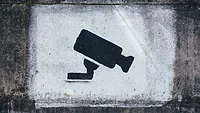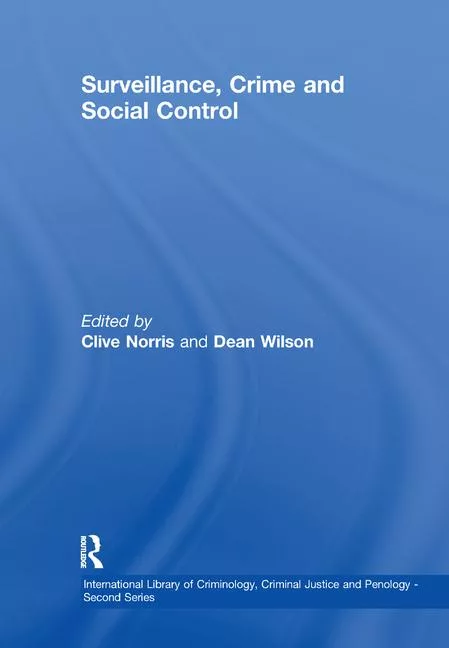Prevention and mitigation of white-collar crime

Image via Unsplash
As professional fraud examiners, investigators, prosecutors and regulators, security leaders can all appreciate that white-collar crime is not subsiding. While it is committed in professional or business settings involving financial deception or manipulation, it continues to grow and pose significant challenges to society. To effectively combat and mitigate this type of crime, it is crucial to delve deeper into the key factors of white-collar crime.
Components of white-collar crime existence
Opportunity
Industry cultures that lack effective controls, regulations and a foundation of trust create an environment ripe for white-collar crime to flourish. Norms and intense competition can also contribute to the emergence of fraudulent practices within organizations. Finding and addressing vulnerabilities within industry cultures is vital for preventing and mitigating white-collar crime.
To prevent white-collar crime through addressing industry culture, regulators and organizations should work together to show and enforce robust regulations and compliance standards. Regular inspections and audits should be conducted to ensure adherence to these standards, and penalties for non-compliance should be strictly enforced. Moreover, fostering a culture of transparency, accountability and ethical conduct within organizations can significantly reduce the opportunities for white-collar crime to occur.
Motivation
To address motivation in white-collar crime, organizations and society should work towards reducing the perceived benefits and increasing the perceived risks associated with illegal activities. This can be achieved through stricter penalties for white-collar crimes, improved detection and investigation methods and enhanced public awareness campaigns highlighting the negative consequences of engaging in such activities. Additionally, addressing economic inequalities and supplying support systems for individuals facing financial strain can help mitigate the motivation to commit white-collar crimes.
Neutralization (rationalization)
To counter the neutralization techniques employed by white-collar criminals, organizations should promote a culture of accountability and ethical decision-making. This can be achieved through comprehensive ethics training programs that not only educate employees about the importance of integrity but also provide them with the skills to recognize and address unethical behavior. Additionally, organizations should set up reporting mechanisms, such as anonymous hotlines or ombudsman offices, to encourage employees to come forward with concerns and supply protection against retaliation.
Strategies for prevention and mitigation
To effectively prevent and mitigate white-collar crime, researchers suggest implementing the following recommendations, many of which align with those suggested by the Association of Certified Fraud Examiners (ACFE):
- Industry-wide education programs promoting integrity summits and educational initiatives across industries is crucial to raise awareness about the consequences of white-collar crime. These programs should emphasize ethical conduct, the importance of compliance and the negative impact of fraudulent activities. By fostering a collective understanding of the repercussions, individuals are more likely to make informed choices and resist engaging in illegal practices.
- Initiating a cultural shift within organizations is essential. Encouraging employees to challenge the status quo and speak up against unethical practices can create an environment that values transparency and integrity. Removing unchallenged authority and showing clear career pathways to the C-Suite can promote accountability and prevent the abuse of power. A culture that promotes ethical behavior from top to bottom is critical in combating white-collar crime.
- Regularly communicating the risks and consequences associated with white-collar crime is paramount to help employees understand that engaging in such activities outweighs any potential benefits. This directed communication should emphasize the importance of integrity and highlight the severe penalties individuals may face if caught. By promoting a culture of openness and awareness, organizations can deter potential white-collar criminals and encourage ethical decision-making.
White-collar crime is still a significant threat to businesses, economies and society as a whole. Understanding the character traits commonly associated with white-collar criminals is crucial for developing targeted prevention strategies. Professionals in the field should partner and drive change to implement industry-wide education programs, promote cultural changes within organizations, align pay and bonus structures with group success and regularly communicate the risks involved. Taking a comprehensive approach to preventing and mitigating white-collar crime will lead to stronger, more resilient organizations and foster trust in business environments.
Looking for a reprint of this article?
From high-res PDFs to custom plaques, order your copy today!









